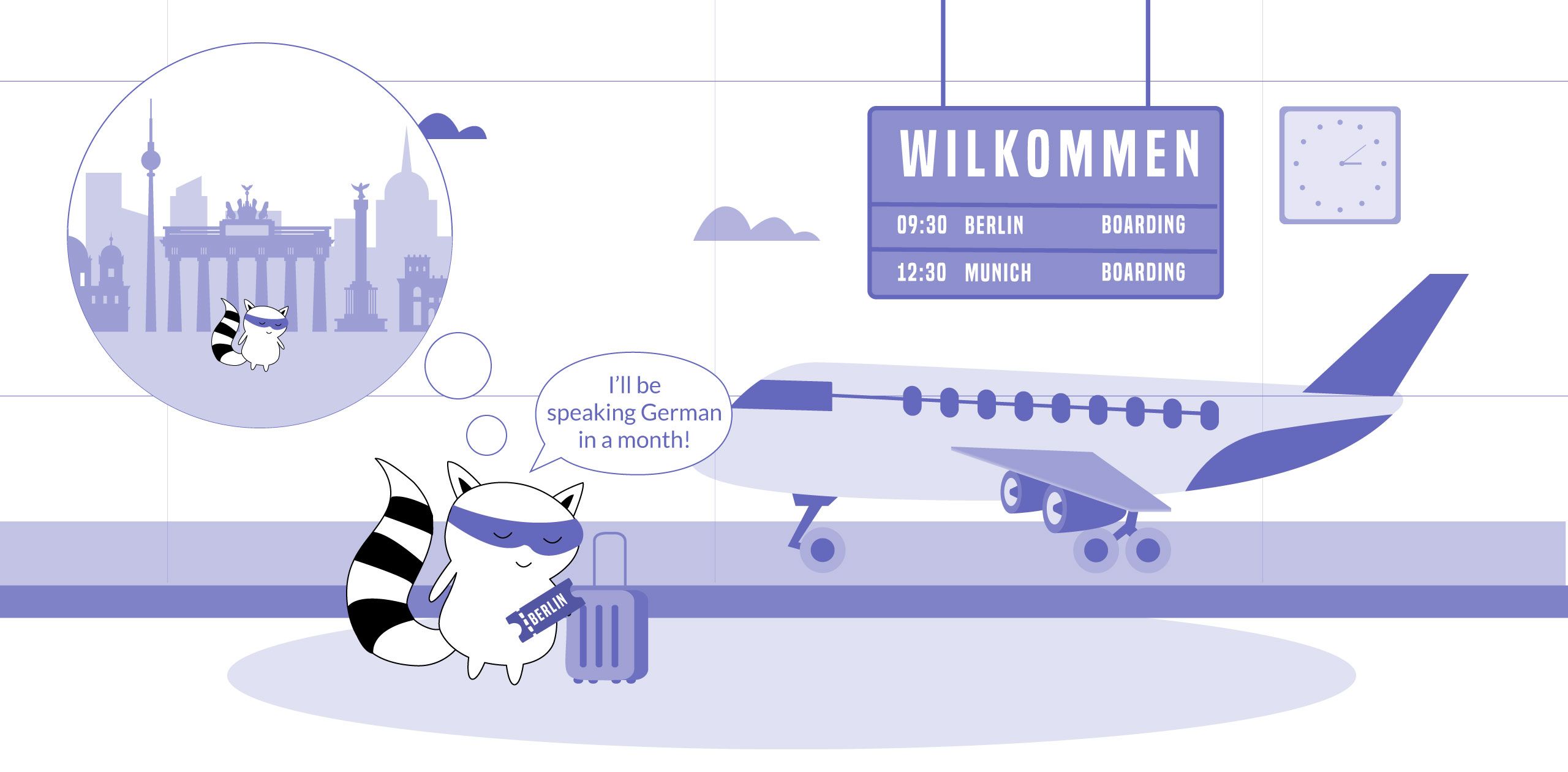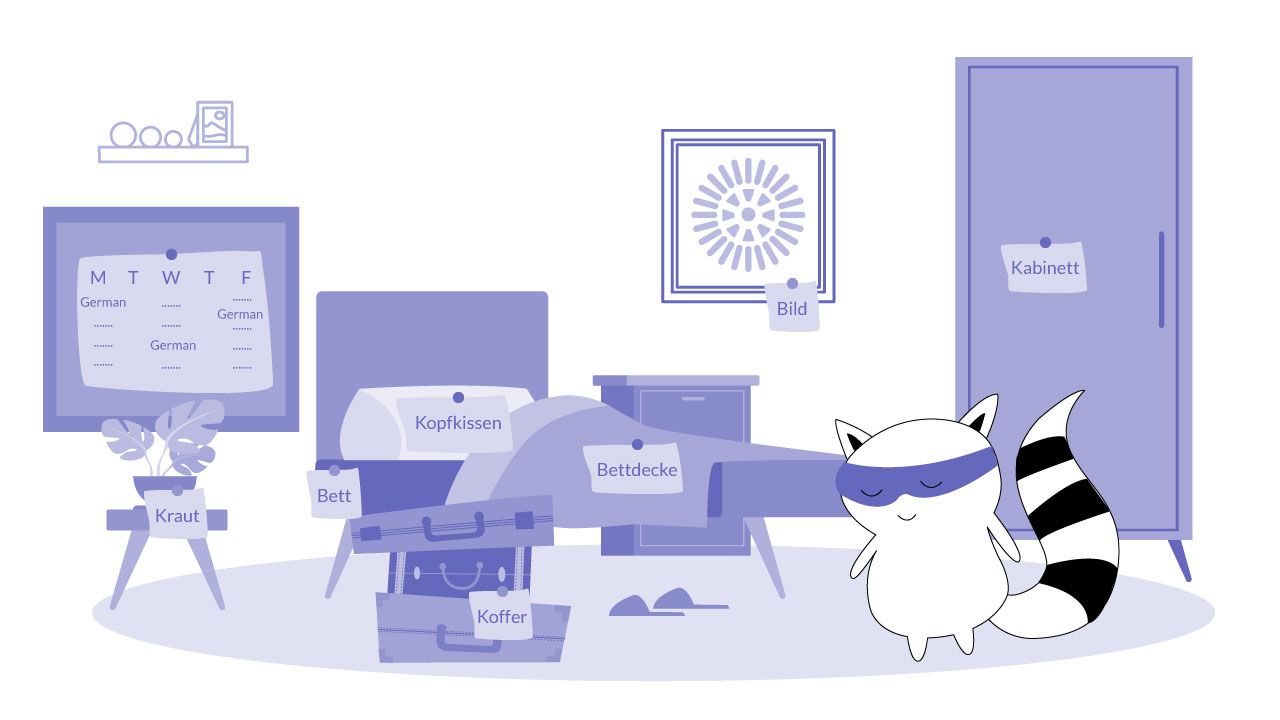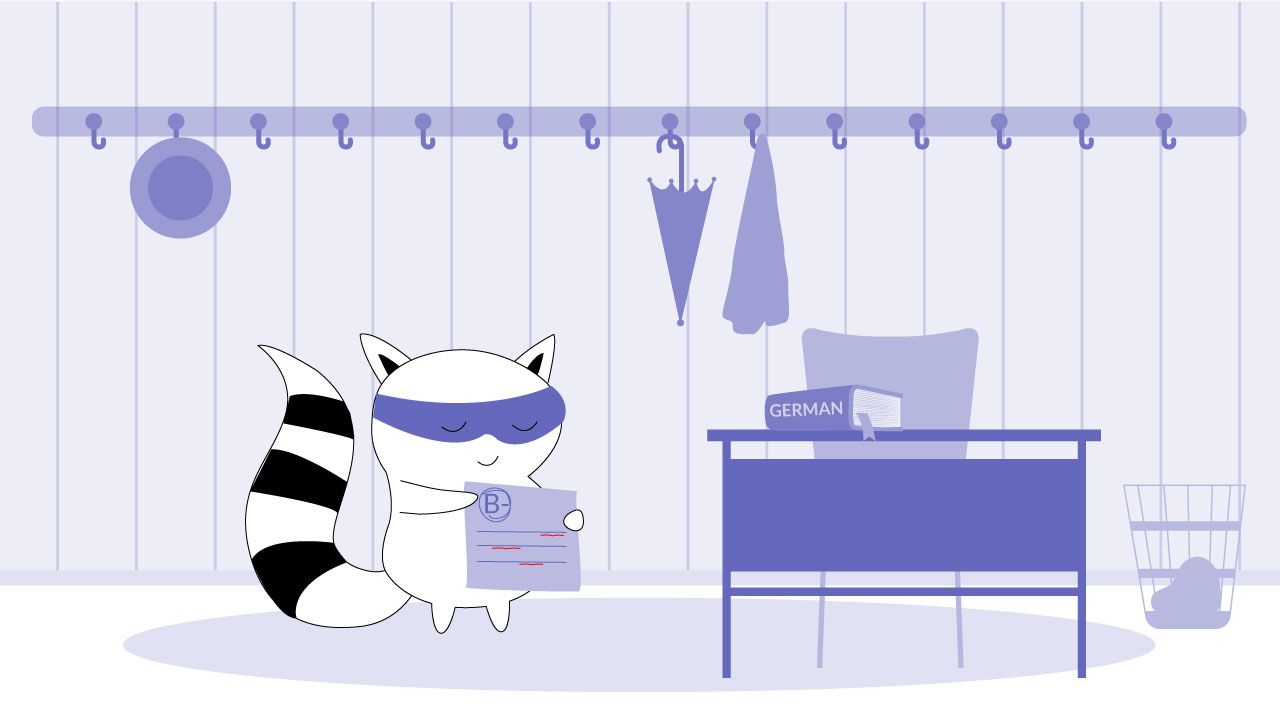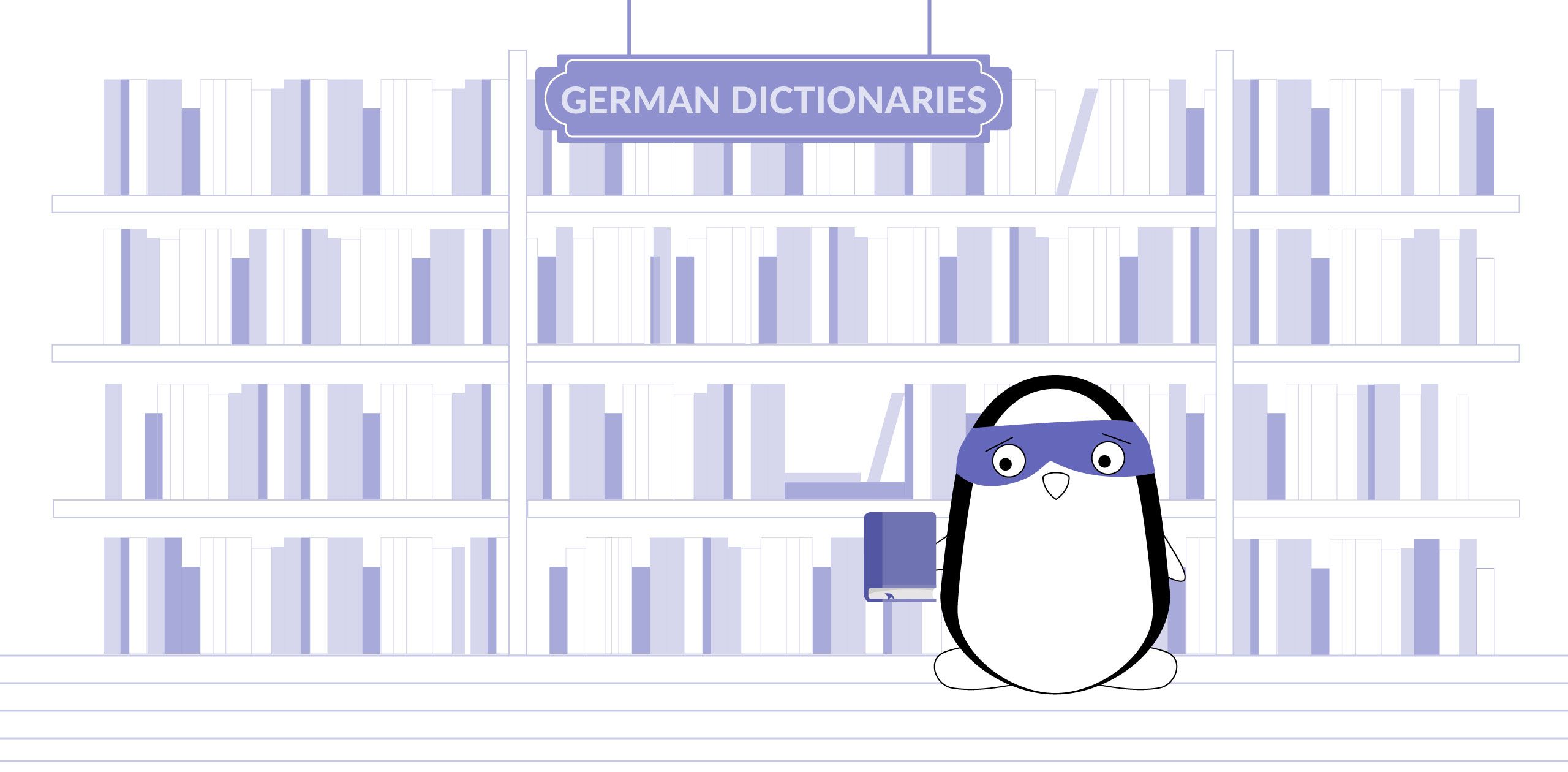
If you've ever wanted to learn how to speak German, now is the time to start! Even if you don't have a lot of money to spend on lessons, there are many ways that you can start learning the language for free. You can find free materials online, try attending free German courses, or look for a friend or partner who is also learning German and practice with them – and these are just some of the numerous options.
With some determination and hard work, you can start speaking German in no time – and to make your life easier, we’ll share some helpful tips on how to do it. Read on and discover how you can learn to speak German free in no time.
Learn German with Langster
Find Your Motivation
People decide to learn a new language for a myriad of reasons. Maybe you want to be able to converse with your German-speaking relatives during your next family reunion, or maybe you're planning on traveling to Germany in the near future and want to be able to get around on your own.
No matter what your reasons may be, it's important to find and maintain your motivation throughout the learning process. This way, you'll be more likely to stick with it even when things get tough – and believe us, learning a new language can be challenging.
One way to keep your motivation high is by setting realistic goals for yourself. Don't aim to become fluent overnight; instead, strive to achieve a certain level of proficiency in a specific amount of time – for example, learn one level in a year. This will give you a tangible goal to work towards and help keep you motivated.
Another way to stay motivated is by focusing on the positives of learning German. Sure, it can be challenging, but it's also an incredibly rewarding experience. Not only will you be able to communicate with native speakers, but you'll also have a better understanding of German culture and ways of thinking. This will allow you to enjoy the process – after all, learning should be fun!
Practice Daily
If you want to speak German fluently, it’s important to practice regularly – that is why every German course out there will schedule your lessons several times a week. But even if you’re learning by yourself, you can find time to practice German every day or once every few days – and you'll be surprised at how quickly you start to progress.
So, how can you find time to practice daily? For example, by integrating it into your everyday life. If you're a morning person, try listening to a German podcast or reading a German article while you have breakfast. Or, if you commute to work or school, listen to German audio lessons on the way instead of your usual music playlist.

Another way to ensure that you're practicing regularly is by setting aside specific times for language learning. For example, you could dedicate 30 minutes to learning German every day after work or school. Or, if you have more free time on the weekends, you could spend a couple of hours each day practicing then.
The key is to find a schedule that works for you and stick to it as best as you can. Remember, even just 10-15 minutes a day can make a big difference.
Immerse Yourself in the Language
One of the best ways to learn any language is by immersing yourself in it – and this definitely applies to German. When you're constantly surrounded by the language, it's only natural that you'll start picking it up quickly.
If you live in Germany or have the opportunity to travel there, take advantage of it! Speak German as much as you can, even if you make mistakes. Everyone makes mistakes when learning a new language, so don't be afraid to experiment.
Of course, not everyone has such an opportunity, but that doesn't mean you can't immerse yourself in the language. There are plenty of ways to do this even if you're not in a German-speaking country. For example, you could start watching German movies and TV shows (even with English subtitles) or listening to German music.
You can also read German books and articles, or find a German conversation partner online. By immersing yourself in the language, you'll be able to learn it more quickly and effectively and make sure that your learning process is not limited to just several German lessons per week.
Try Language Hacks
When you're first starting to learn German, it can be helpful to use language hacks. These are simple techniques that can make the learning process a little bit easier.
One language hack you can use is to create a cheat sheet with all of the German words and phrases that you need to know. This could include basic greetings, numbers, days of the week, months of the year, etc. Whenever you have some free time, take out your cheat sheet and review the words and phrases. This will help them to stick in your memory more easily.
Another language hack that you can use is to label objects in your home with Post-It notes. For example, if you want to learn the German word for "table," write it on a Post-It note and stick it to your table. Then, every time you see the word, you'll be able to practice saying it out loud. This is a great way to passively learn new vocabulary words.
You can also just hang post-its phrases or words you’re having a hard time remembering around your house – this will work great, since you will come across them more often than just during the lessons.

Listen to Native Speakers
If you want to improve your German-speaking skills, listen to native speakers. This will help you get a better understanding of how the language sounds and how words are pronounced with a normal German accent.
For example, you could watch German movies and TV shows, or listen to German podcasts and radio programs. Many German language courses and language-learning apps also offer a lot of free German materials on their websites that you can take advantage of. You can also look for German platforms that offer completely free audio recordings along with exercises, such as Deutsche Welle.
You could also find German conversation partners online and talk to them via Skype or another video chat service – in that case, it would be best if German was their native language. By listening to native speakers, you'll be able to learn the correct pronunciation of words and phrases.
Check Your Progress
When you attend German courses or learn with a tutor, you will often see how far you’ve come when passing different tests or getting feedback on your homework. Many language teachers pay attention to tracking their students’ progress, and this can be very helpful.
But, when you’re learning by yourself, it can be hard to keep track – which is why it’s especially important.
Checking your progress will help you to see how far you've come, and it will also motivate you to keep going. This way, even if you don’t enroll in a language course with a strict structure, you will still see what you’ve done and what you need to work on to achieve your goals.
You can do this, for example, by taking a placement test at the beginning of your studies, and then again after you've been learning for a while. You could also keep a journal to write down new words and phrases that you learn and practice using them in sentences. After some time, you will see how much you’ve written and how many more words you can use.
Doing exercises and checking them regularly (or asking someone to check them) can also be a good idea.

Start Speaking Right Away
If you decide to learn German online by yourself, you need to start speaking right away. Don't wait until you know all of the grammar rules or have a large vocabulary – just start using the language, and the rest will come with time. Otherwise, you risk focusing on grammar rules and listening comprehension without speaking, which won’t lead you anywhere.
Of course, it's important to learn the basics first. But, once you know some basic German phrases and grammar, don't be afraid to start speaking, and do that as much as possible. The more you use the language, the better you'll become at it.
You can speak to yourself (for example, standing in front of the mirror), find a conversation partner, or repeat audio exercises you find online. Whichever method you choose, the only thing that matters is that you speak.
Remember to use as much vocabulary as you can and look for creative ways to introduce new words into your daily conversations. For example, if you’ve recently learned German words related to food, consider writing a speech about your favorite German recipes.
Don’t Be Afraid to Make Mistakes
One of the biggest barriers to speaking German is the fear of making mistakes. But, it's important to remember that everyone makes mistakes when they're learning a new language. The key is to not let your fear hold you back.
So, go ahead and practice German as much as you can, even if you make some mistakes along the way. The more you learn and the more you speak or write, the less likely you are to make errors. And, even if you do make a mistake, don't worry – just laugh it off and keep going.
By practicing German often, you'll eventually get more comfortable with the language and make fewer mistakes. So, don't be afraid to put yourself out there!
Use These Tips to Start Speaking Today

Learning how to speak German can seem like a daunting task, but it doesn't have to be. Moreover, it’s definitely possible not just on a tight budget, but completely for free – you just need to know what to do and where to look. Remember to be patient, take things one step at a time, and don't be afraid to make mistakes.
With a little practice, you'll soon be able to hold your own in conversations with native speakers. Ready to get started?









